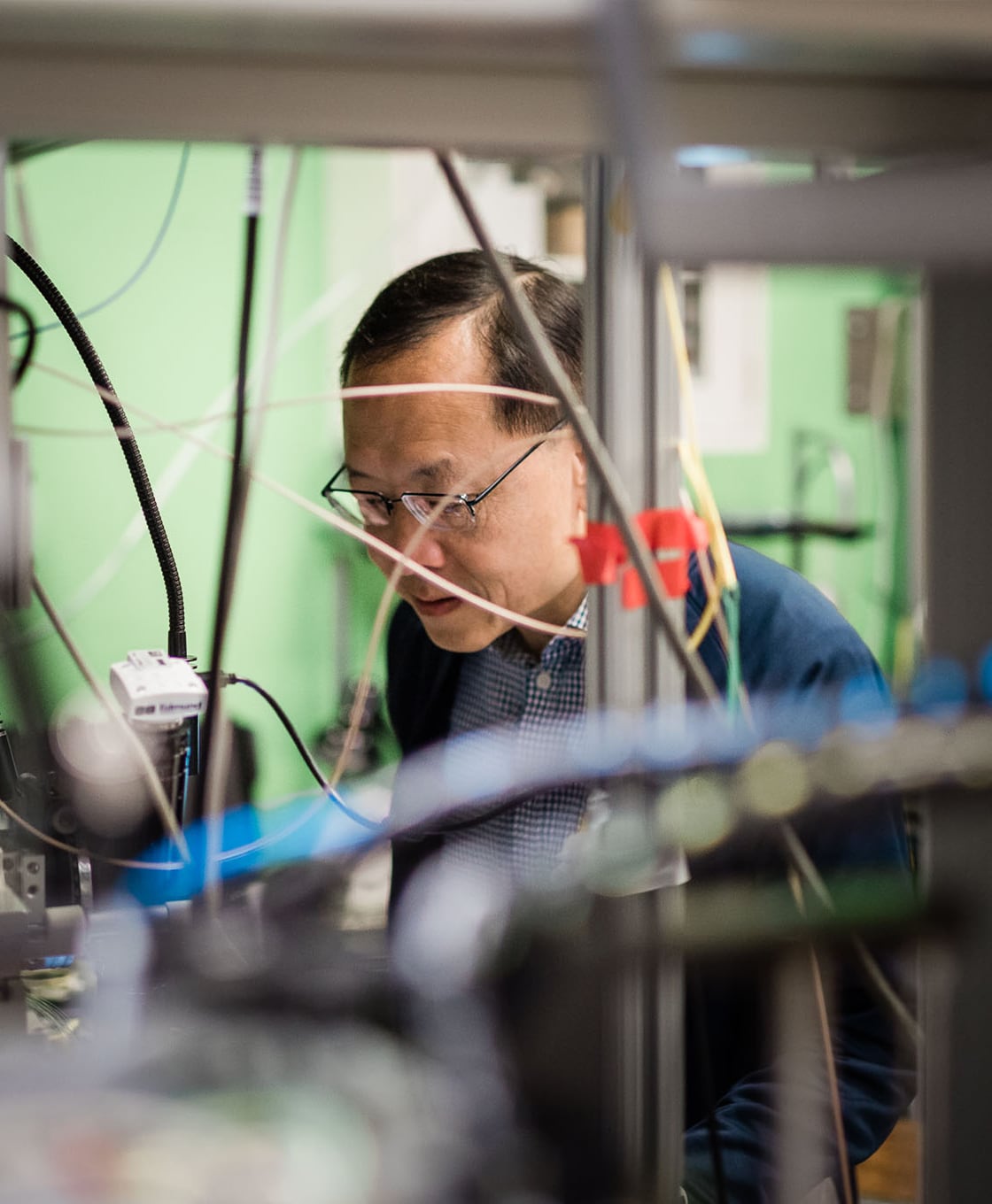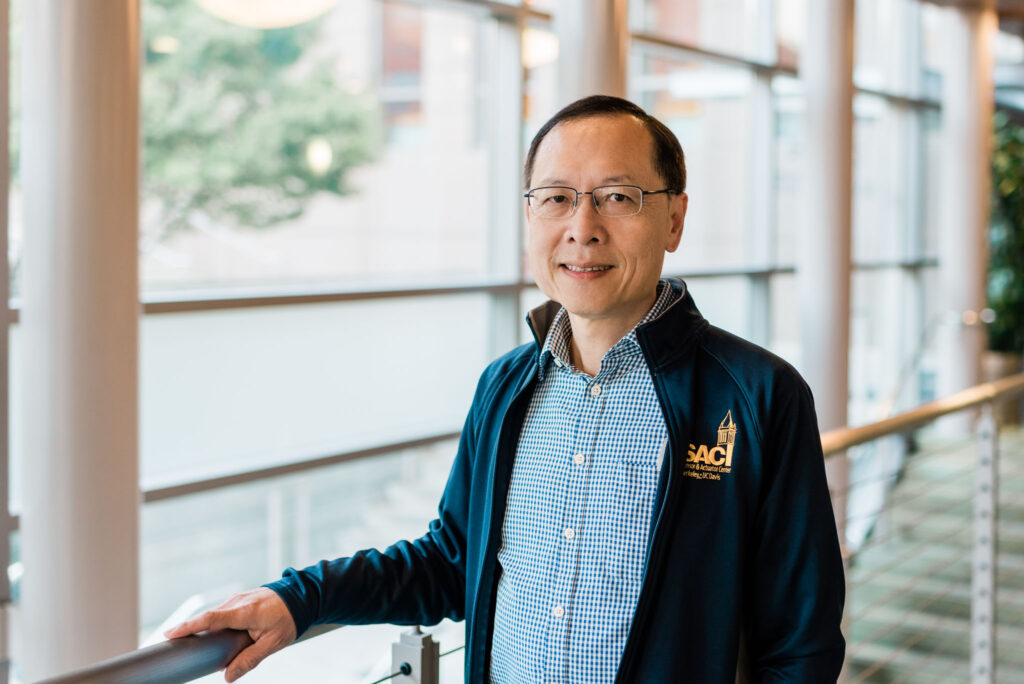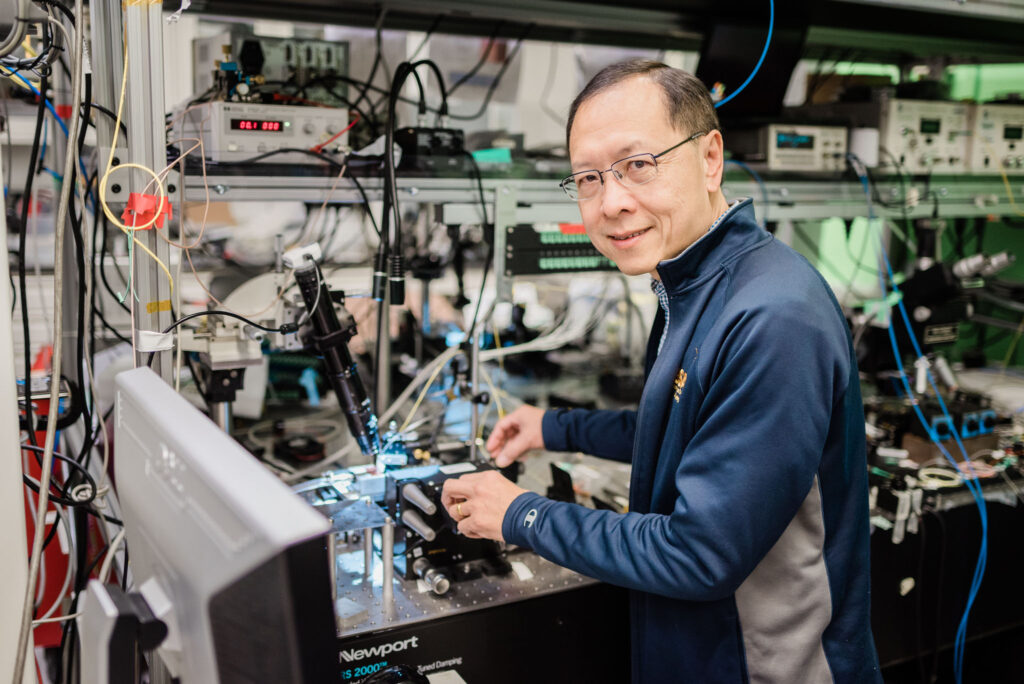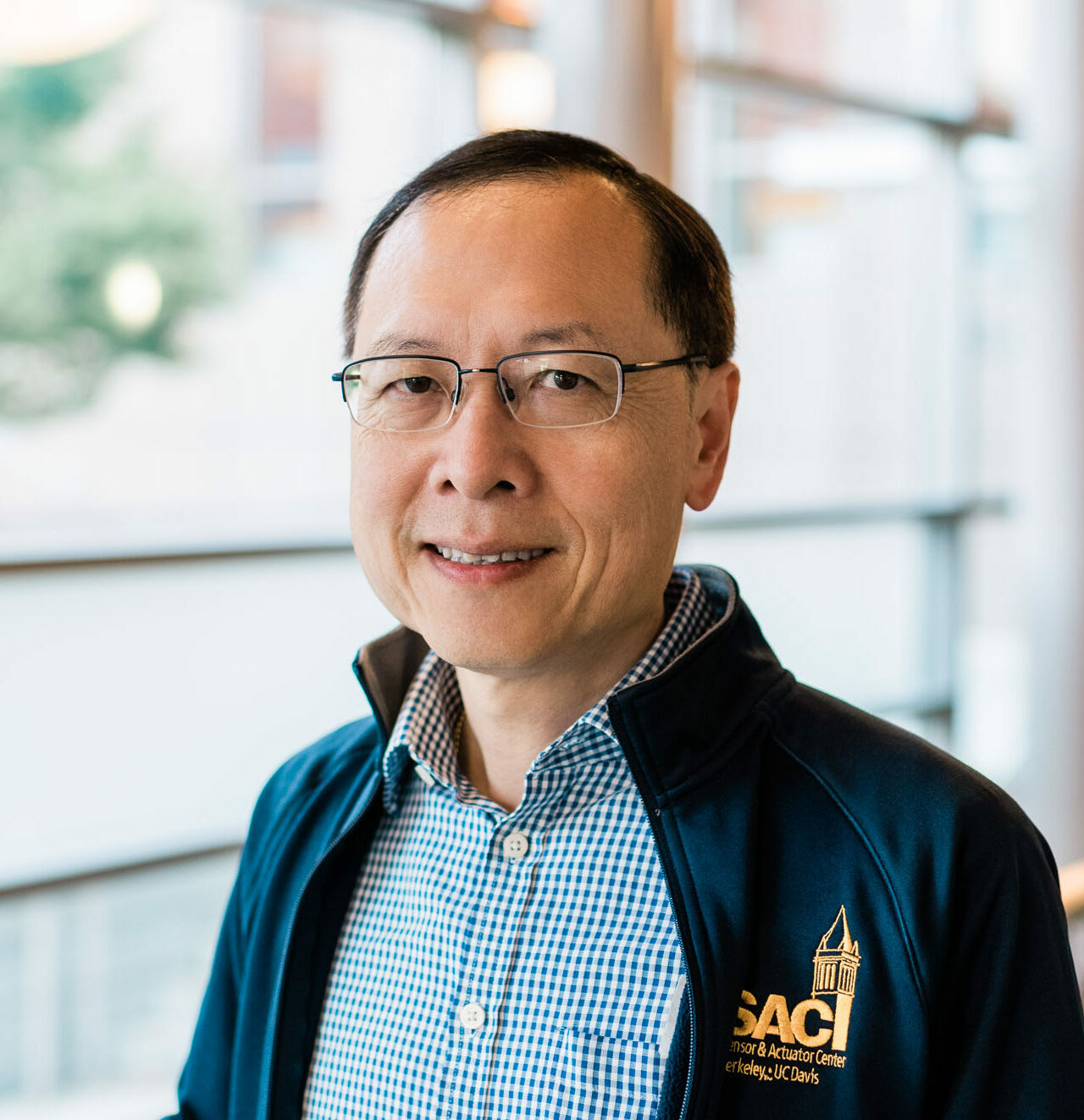
Entrepreneurial Journeys
Faculty FellowsA Bakar Fellow’s Approach to Entrepreneurship: Serving the Public
by: Hannah haas
Background
Dr. Ming C. Wu is a Nortel Distinguished Professor of Electrical Engineering and Computer Science at the University of California, Berkeley. He is also Co-Director of Berkeley Sensor and Actuator Center (BSAC) and Faculty Director of Berkeley Microfabrication Laboratory. He has published seven book chapters, over 220 journal papers and 350 conference papers. He is also the holder of 23 U.S. patents. Professor Wu is a Fellow of IEEE (Institute of Electrical and Electronics Engineers), a Packard Foundation Fellow (1992-1997). In addition, he received the 2007 Paul F. Forman Engineering Excellence Award from the Optical Society of America.
Motivation
From a young age, Dr. Wu was interested in math and physics. After receiving an excellent score on the electrical engineering exam that determined which universities he could attend, he was admitted to National Taiwan University, which had Taiwan’s best electrical engineering program. Once he began his undergraduate studies, he realized that photonics was one of his main interests.
After graduating from National Taiwan University, Dr. Wu started a PhD program at UC Berkeley. Here, he felt more able to participate in innovative research instead of only witnessing it from afar. Before becoming a professor, Dr. Wu worked at Bell Labs for four years to gain industrial experience. He then worked at UCLA for about twelve years before returning to Berkeley.

Area of Research
Dr. Wu views himself as more of a technologist than an entrepreneur because he is more passionate about the potential impact of a new technology than what entrepreneurs view as a need. His research interests include silicon photonics, optoelectronics, nanophotonics, optical MEMS, and optofluidics. He enjoys the theoretical side of research, as well as being able to build things and focus on the physical aspects. He especially enjoys solving problems and, particularly, problems that can impact human life and society at large. Dr. Wu and his team have researched how to move particles and fluid by using light. To do this, they created more suitable physiological conditions for biological cells. These advanced experiments drew the attention of other biologists and medical researchers.
Where it Leads
After solidifying such a fundamental technology, Berkeley Lights Inc. was founded. This company can now handle tens of thousands of cells simultaneously. Being able to monitor cells allows researchers to see what cells eat, their properties, the rate at which they divide, and how many antibodies they produce. When the technology was first developed, Dr. Wu was unsure of how it could be applied to real-world issues. After the company recruited top notch scientists and engineers, Dr. Wu and his team were able to see how they could contribute to biological advancement. At the time, Dr. Wu knew of other scientists using similar ideas, but they were relying on integrated circuits, while his project used a complex light shining on fluidic chips.

In a previous entrepreneurial venture, Dr. Wu helped start a company that was the first to produce industry grade reliable switches. The technology developed by Berkeley Lights has been used in a wide range of applications in synthetic biology. Once the COVID-19 pandemic began, Berkeley Lights began to seek out ways their technology could be useful in studying the virus. They worked with Vanderbilt University to study antibodies associated with the COVID-19 virus, which is one of the first steps in finding a cure.
Even with challenges brought on by COVID-19, Dr. Wu remains passionate about his research. As a professor, he loves being surrounded by young, enthusiastic students and feels inspired by their fearlessness. His goal is to foster an environment where students can be productive while still enjoying themselves throughout the process. Dr. Wu hopes that he can make a positive impact on people’s lives, specifically his family, students, and society as a whole.
